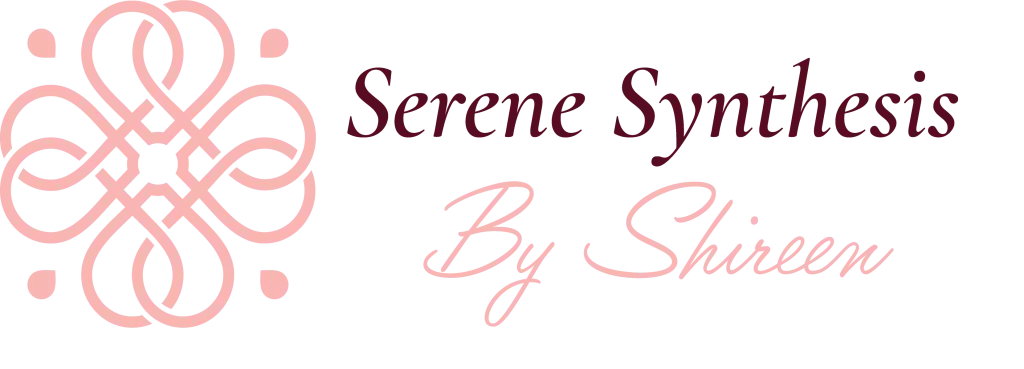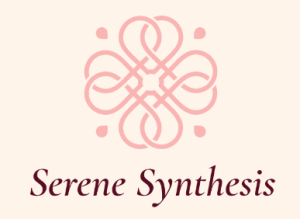Introduction- A Unique Workforce Challenge
The UAE’s labor market is unlike almost any other in the world. Over 80% of the workforce is expatriate, many of whom view their roles as short-term stepping stones. Tenures often span 2–4 years, creating a “fleeting mindset” where employees mentally treat jobs as temporary—even as they strive to perform.
This dynamic brings both opportunities and challenges. On one hand, companies benefit from a highly diverse, skilled, and globally experienced talent pool. On the other, frequent transitions threaten knowledge continuity, team cohesion, and long-term productivity.
Yet, understanding this mindset, rather than resisting it, allows organizations to design structures and cultures that thrive despite—and even because of—transience.
Understanding Employee Motivation in Short-Term Roles
The transient nature of UAE employment is fueled by several psychological and structural factors:
- Expatriate Planning Horizon: Many employees prioritize their next move, whether returning home, seeking a global posting, or transitioning industries.Mental Short-Termism: Even high performers can experience limited emotional investment in long-term projects. This doesn’t mean disengagement; rather, it’s a natural focus on the here-and-now.
- Burnout Pressure: High-demand environments and competitive compensation structures can lead employees to detach emotionally to preserve energy for career mobility (Gulf News).https://serenesynthesis.com/corporate-coaching-in-uae-building-leaders-for-a-transient-workforce/
Leaders who mistake this mindset for a lack of commitment risk alienating their best talent. The reality is more nuanced: employees can perform at high levels, but motivation is often transactional, immediate, and project-focused.
The Effect on Productivity and Workplace Culture
Short-term tenures create unique stressors on teams and organizations:
- Knowledge Drain: When employees leave before fully embedding processes, institutional knowledge leaves with them.
- Fragmented Team Cohesion: Teams frequently adjust to new members, requiring constant social and functional recalibration.
- Hidden Disengagement: Employees may “do the work” but avoid discretionary effort beyond what’s required, creating quiet cracks in performance (Fast Company ME).
A Case in Point: A project team in a UAE tech firm found that every two years, key members rotated out, forcing remaining staff to re-train newcomers. Productivity dips occurred not because of capability but due to lost contextual understanding. Even transient employees value meaningful contribution. If they see tangible impact, recognition, or alignment with personal growth, engagement spikes—even in short-term roles.
Turning Transience into Organizational Advantage
A fleeting workforce doesn’t have to be a liability. Organizations can strategically leverage the phenomenon:
- Structured Knowledge Capture: Implement onboarding and offboarding processes that formalize knowledge transfer. Tools like collaborative wikis, project debriefs, and mentorship programs reduce skill leakage.
- Project-Based and Agile Roles: Align responsibilities with employee tenure. Short-term, high-impact assignments can drive focus, accountability, and pride in delivery.
- Diverse Idea Infusion: New employees bring fresh perspectives. Encourage experimentation, cross-pollination of ideas, and knowledge-sharing sessions.
- Recognition of Immediate Wins: Publicly acknowledge contributions to reinforce motivation in the short term. Recognition is more powerful than promises of longevity in transient work contexts.
Reframing goals and impact to match employees’ tenure horizon allows organizations to get the best from every team member.
How Employees Can Thrive in Short-Term Roles
Even in a temporary role, employees can thrive—and set themselves apart for future opportunities:
- Prioritize Skill Growth: Invest time in learning high-demand skills that add both immediate and long-term value.
- Network Proactively: Build relationships with peers, clients, and leaders; these networks often become gateways to next roles.
- Deliver Visible Impact: Focus on outcomes that are measurable and meaningful. Quick wins create lasting reputational capital.
- Adapt Culturally: Understanding UAE workplace norms, etiquette, and organizational rhythm allows employees to integrate faster and perform effectively.
Treat every project as a micro-career. Even if the tenure is short, the quality of work defines reputation, learning, and next opportunities.
Recommendations for Organizations
- Design for Flexibility: Adopt agile structures where roles and projects can accommodate natural workforce churn.
- Invest in People Processes: Onboarding, offboarding, mentoring, and recognition systems create continuity despite transience.
- Foster a Culture of Contribution: Even short-term employees need a sense of ownership. Enable them to see tangible outcomes of their work.
- Measure Impact, Not Tenure: Shift from loyalty-based KPIs to performance, collaboration, and knowledge-sharing metrics.
Conclusion: Building Resilience Amid Transience
The UAE workforce will remain dynamic and highly mobile. Rather than resisting this reality, organizations and employees can adopt strategies to make it work to their advantage. When companies design for agility, embrace diversity, and focus on outcomes, productivity can remain high—and teams can remain engaged. Employees who invest in skill development, visible impact, and meaningful contribution will always be rewarded, no matter how transient their role.
How Organizations Can Go Further
Navigating a transient workforce isn’t just about managing turnover—it’s about creating systems where people can contribute meaningfully, even for a short time. This is where targeted development programs make a difference.
At Serene Synthesis, our corporate solutions are designed with the UAE workplace in mind:
- Leadership & Emotional Intelligence – equipping leaders to quickly build trust, inspire motivation, and manage diverse, fast-changing teams.
- Sales Communication & Mindset – training sales teams to connect authentically, build long-term trust with clients, and sustain performance even in high-churn industries.
- Employee Engagement Programs – creating cultures where employees feel valued and productive, regardless of tenure length.
- Soft Skills & Workplace Effectiveness – strengthening adaptability, communication, and collaboration so teams thrive even amid frequent change.
- Stress Management & Resilience – helping employees show up at their best, balancing ambition with well-being in high-pressure environments.
📩 Discover how these programs can help your organization turn workforce transience into a competitive advantage: Book a Free Discovery Session.


